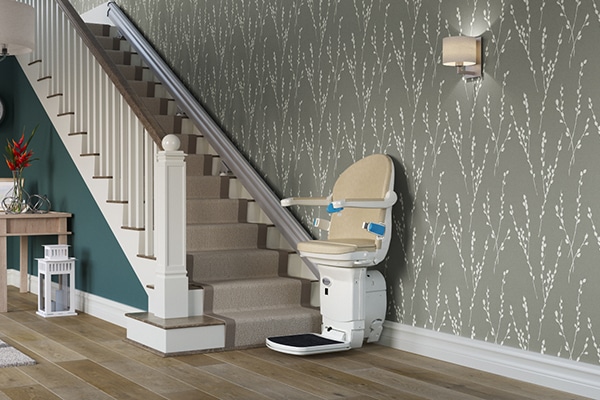Caring for someone who has dementia is certainly challenging. Dementia is the blanket term for various conditions, including Alzheimer’s disease, that impact the brain. Sufferers of dementia generally contend with memory loss and difficulties with speaking, thinking and performing everyday activities without hardship.
In addition, dementia can create mood swings. So what are the best ways to communicate with someone who has dementia?
State your messages clearly.
The importance of clarity cannot be understated. It’s important to remember that your care recipient may be having difficulty processing information. Again, dementia impacts brain function. This is why “slow and steady wins the race”. In this case, it’s important to use simple words and sentences to communicate with your loved one. As Caregiver.org recommends, you should speak slowly, distinctly and in a reassuring tone.
“Refrain from raising your voice higher or louder; instead, pitch your voice lower,” advises the site, “If she doesn’t understand the first time, use the same wording to repeat your message or question. If she still doesn’t understand, wait a few minutes and rephrase the question. Use the names of people and places instead of pronouns (he, she, they) or abbreviations.”
Be patient.
There may not be a more important piece of advice that those two words. While it might be obvious, it needs to be reiterated that being patient with a dementia sufferer is mandatory. The effects of dementia include limiting a person’s ability to talk. Naturally, this makes communication difficult. Your patient and understanding approach to every situation will make communicating much easier.
“Take your time,” advises Mayo Clinic, “Anticipate that tasks may take longer than they used to and schedule more time for them. Allow time for breaks during tasks.”
Try to limit distractions and noise.
In an effort to clearly communicate with your care recipient, it will be vital to minimize distractions. As you can imagine, a dementia patient is prone to getting confused. Ideally, you have opportunities to speak to your loved one in a controlled environment. It should be one that is free of excess noise and interruptions. Caregiver.org offers up some advice on how to get the attention of the dementia sufferer in your life.
“Limit distractions and noise—turn off the radio or TV, close the curtains or shut the door, or move to quieter surroundings,” suggests the website, “Before speaking, make sure you have her attention; address her by name, identify yourself by name and relation, and use nonverbal cues and touch to help keep her focused. If she is seated, get down to her level and maintain eye contact.”
At Advantage Home Health Solutions, we care about the health and safety of the seniors in your life. We’d be happy to discuss our various products that can help dementia sufferers to stay healthy and safe all year round. We always ensure that you have the complete picture to make an informed decision. You’ll know all of the possible options so you can choose which solution is best for you.
Please don’t hesitate to give us a call at 403-460-5438. You may also email us by filling out the form on our Contact page!




